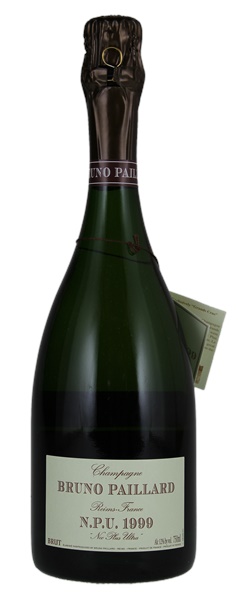Estimate

...offers a uniquely rich and aromatically very particular bouquet of ripe and dried fruit aromas, dried flowers, potted ginger, candied lemon and orange peel, mandarins, roasted sesame, walnuts, resin and ultra ripe pears...
Potent, smoke-accented aromas of pit fruits, melon and honey, with a sexy floral overtone and building minerality. Lively, sappy and seamless, with intense nectarine and candied ginger flavors and notes of buttery brioche and anise.
Very elegant, favoring form over flavor, with well-cut acidity and a texture like fine silk. This offers lasting, finely woven notes of quince paste, black currant, lightly toasted almond, dried pineapple and fleur de sel.